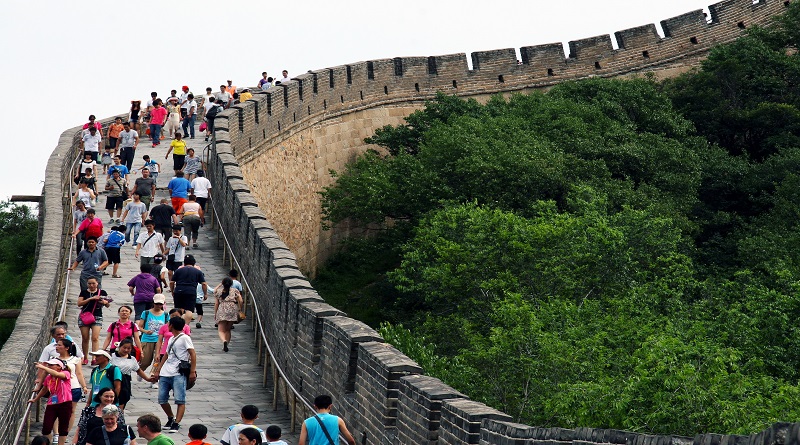Do you have an interest in areas such as history and geography? Do you have an interest in the tourism industry? Are you organised, patient and want to develop your knowledge and research skills in this particular area? If so, this could be the undergraduate course you’re looking for.
What is Culture and Environment with Tourism?
Culture and Environment with Tourism is a multi-disciplinary course that touches on geography, history, wildlife, archaeology and the tourism industry.
What third courses are available?
Universities and college in Ireland are offering courses in the following subject areas:
- Culture and Environment with Tourism – GMIT (Mayo Campus)
Studying Culture and Environment with Tourism
The main course in Culture and Environment with Tourism is offered by GMIT on the Mayo Campus. It is a Level 7 course that is three years in length. It will give you the opportunity to develop your skills and knowledge in the areas from geography, history, arachnology, tourism, culture and environmental issues and factors.
Your first year of your course will be a foundation year where you will cover the basic principles of relevant subjects in order to give you a basic understanding. You will gain an insight as to what is to come throughout your degree in the coming years. First year modules will include Irish History, Earth Science, Rural Development, PC Applications and Learning and Innovation Skills.
Your second year will focus on more complex and in-depth material. Modules will include Natural Environment, Society and Nature, Genealogy, Local History, Introduction to Digital Media and both Prehistoric and Medieval Archaeology. You will also do work experience in your second year to develop your skills even further and gain experience of the working world.
As you come to the end of your course you will focus on a broad range of topics such as Ecology, Archaeology: Settlement, Rural Tourism, Digital Mapping, Sustainable Tourism, Heritage Tourism, Modernism, Adventure Tourism, Geographical Information Systems and European History among other areas.
You will also carry out a lot of research in order to complete your dissertation in your final year. Throughout your course you will have the opportunity to choose modules of your interest such as business or a specific language.
Career options
This is quite a broad area in relation to different job titles and roles you can work in. You can work in environmental roles, cultural roles, hospitality and tourism roles. You will develop a knowledge of all areas and be able to combine them in your work. Examples of job titles are listed below.
There is also the option of continuing on your studies at postgraduate level and specialising in a particular area of your interest. With experience in the field you may move into the education and research field.
Important skills and qualities needed in this area include excellent communication skills, leadership skills, confidence, ability to delegate work and give clear instructions, the ability to work well with others, time management skills, organization skills, attention to detail and the ability to motivate others and remain calm under pressure.
Related jobs
- Education/teaching
- Environmental Officer/Manager
- Rural Recreation Officer
- Historian
- Ecotourism Operator
- Environmental Operator
- Tourism Officer
- Cultural Marketing Manager
- Ecologist
- Tourist Attraction Offices
Further Study
Many people want to specialise in a specific area at a master’s level.
Visit postgrad.ie for more information.
FAQ
Different courses and different colleges will have different entry requirements. It’s always safest to check with the individual higher education institution which is available on their websites. As a general rule Leaving Cert students should have a minimum of six subjects which should include: Two H5 (Higher Level) grades and Four O6 (Ordinary Level) grades or four H7 (Higher Level) grades. Subjects must include Mathematics, Irish or another language, and English.
Certain QQI Awards in a relevant area are also accepted. These change from course to course so be sure to research further.
The points needed for this course last year to study in GMIT were 196 points.
Where can I study?
For other courses in the area you would like to explore, you can do so here.
Did you know?
- In 2020, tourists visiting Ireland were surveyed by Fáilte Ireland with 50% visiting as holiday makers, 39% visiting friends and family, 8% visiting on business and 3% other.
- Ireland welcomes around 6,400,000 tourists every year.
- Hospitality has a global footprint and annual revenue worth over $500 billion
Resources












Comments